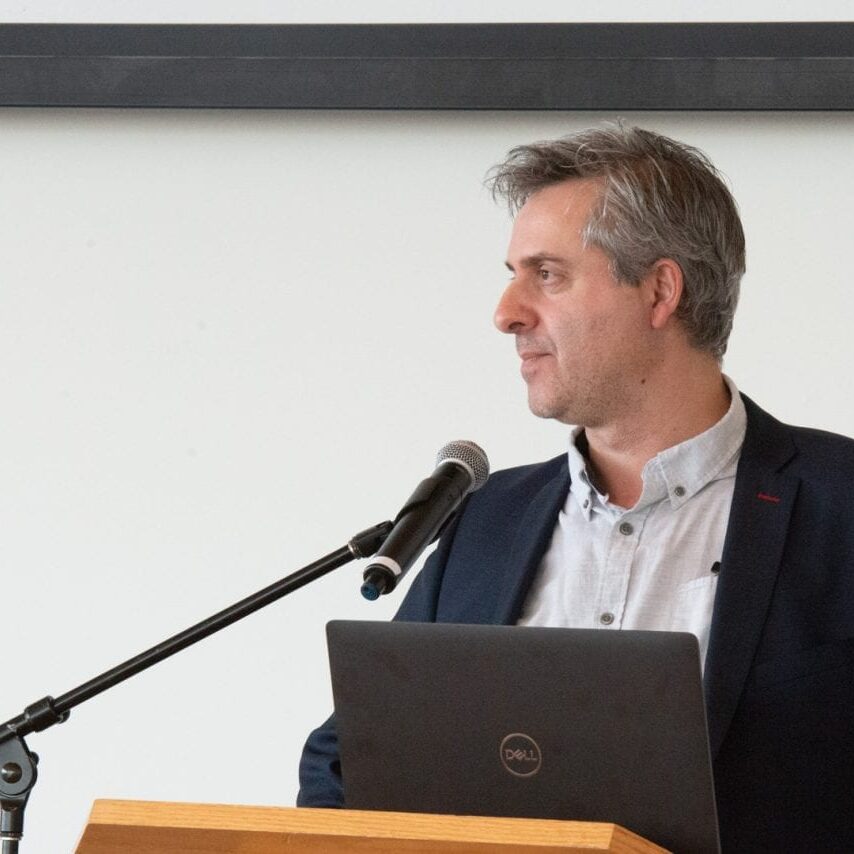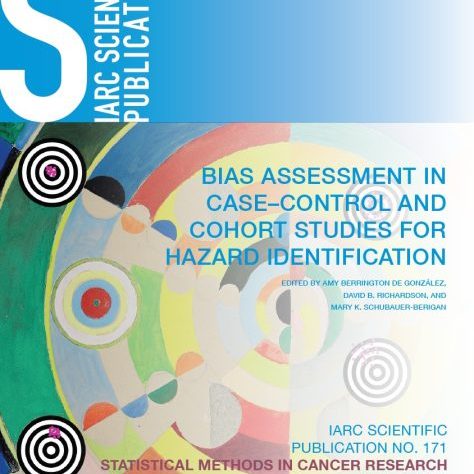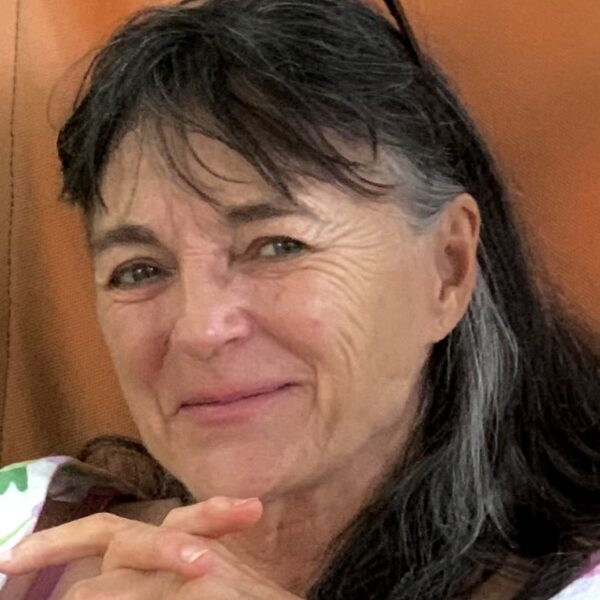
Dr. Franco Momoli
PhD, MSc
Vice-President Chemical and Product Safety
Joined RSI in 2019
- Experienced epidemiologist and biostatistician
- Adjunct Professor at the University of Ottawa, School of Epidemiology and Public Health
- Broad experience in clinical research and environmental chemical human health risk assessment
- Expert in evidence synthesis and quantitative bias modelling of epidemiologic studies
- Served as a member and interim chair of the CHEO Research Ethics Board
Dr. Franco Momoli joined Risk Sciences International (RSI) in 2019 and currently serves as Vice-President, Chemical and Product Safety. In this role, he leads a multidisciplinary team of epidemiologists, risk assessors, toxicologists, and biostatisticians in conducting human health risk assessments related to environmental contaminants and consumer products. His practice group supports government agencies, regulatory bodies, and international partners in making science-informed decisions that safeguard public health.
As RSI’s lead on chemical and product safety, Dr. Momoli has guided major projects including:
- Systematic review and robust evidence integration of epidemiologic and toxicologic data—including human, animal, and mechanistic studies—for Health Canada on the health effects of fluoride, arsenic, and asbestos, covering drinking water and inhalation exposure routes;
- Safety assessment of residual barium impurities in a novel clinical therapeutic product, including derivation of a permissible daily exposure;
- Development of a Bayesian Network weight-of-evidence tool for Health Canada to support hazard identification in environmental chemical risk assessments;
- Benchmark dose modelling to derive points of departure as a first step in developing regulatory health-based values for arsenic and fluoride;
- Mode-of-action framework analysis of mechanistic data on formaldehyde and upper respiratory tumors;
- Numerous projects and publications for the International Manganese Institute on biomarkers of manganese exposure, including updated diagnostic recommendations for manganism;
- Collaboration with the European Food Safety Authority (EFSA) on a problem formulation framework for risk assessment guidelines, and development of the APRIO structured question framework for designing research and risk assessment questions;
- Support to Health Canada on a modernized, public health–driven approach to chemicals management;
- Consulting for the Canadian Partnership Against Cancer, focusing on modernizing provincial and territorial cancer registries, including artificial intelligence applications;
- Toxicokinetic modelling of lead at Canadian contaminated sites using the US EPA All-Ages Lead Model, Version 3; and
- Consultations on methodologies for deriving points of departure for formaldehyde and particulate matter (PM2.5 and PM10).
At RSI, Dr. Momoli is recognized for integrating modern methodologies with real-world applicability. His dedication to methodological rigor, statistical clarity, and policy relevance has shaped RSI’s approach to chemical risk assessment and consumer product safety. In addition to his leadership at RSI, he holds an appointment as Adjunct Professor (previously Associate Professor) in the School of Epidemiology and Public Health at the University of Ottawa, bridging academic theory with regulatory application.
Pre-RSI
Dr. Momoli’s career began not in epidemiology, but in the animal sciences, where his fascination with human aging was sparked by Caleb Finch’s Longevity, Senescence, and the Genome. This early interest led him to graduate work on Alzheimer’s disease, conducting behavioural and cognitive testing on transgenic and knockout mouse models as part of his M.Sc. research at McGill University and the Douglas Hospital Research Institute.
He later transitioned into epidemiology and biostatistics, where he earned a Ph.D. at McGill University. Over the years, Dr. Momoli developed specialized expertise in semi-Bayesian models, quantitative bias modeling, and the application of advanced statistical methods to population health.
As a professor at the University of Ottawa, Dr. Momoli taught and mentored numerous graduate students, many of whom now hold influential roles in academia, public health, and research institutions. He was one of Canada’s principal scientists in the MOBI-Kids international study on non-ionizing radiation from cell phones and brain tumors in youth.
Prior to joining RSI, he spent a decade at the research institutes of The Ottawa Hospital and the Children’s Hospital of Eastern Ontario (CHEO), where he collaborated on a broad range of studies in adult and pediatric health. These included diagnostic accuracy studies, randomized controlled trials of medical and device interventions, scoping and systematic reviews of new therapeutic products, survey design, and secondary data analyses of hospital records, spanning many topics in clinical research. During this time, he also served on research ethics boards at both institutions, including as interim chair of the CHEO Research Ethics Board, and was a member of CHEO’s Policy Ethics Board—roles that deepened his perspective on ethical dimensions in clinical and epidemiological research.
As an educator and methods specialist, he often attempted to popularize modern design and analytical methods to improve the quality of evidence; he frequently joined journal clubs with trainees or physicians to discuss recently published research from a methodologic perspective, including clubs for radiologists, orthopedic surgeons, dermatologists, vascular surgeons, pediatric medical residents, and intensive care physicians.
During his time with the research institutes, Dr. Momoli was a longstanding member of the CHEO SPARK Group (Sleep-disordered Breathing in Populations of At-Risk Kids), Ottawa Brain Tumor Group, Ottawa Hospital Upper Extremity Orthopaedics Research Group, Ottawa Hospital Delirium in Palliative Settings Research Group, Ottawa Hospital Urology Research Group, Ottawa Hospital Stroke Research Group, and Ottawa Hospital Vascular Surgery Research Group. He was a member of various research teams, including Evaluation to Action (Aboriginal Child Health), 5P (Predicting Persistent Post-Concussive Problems in Paediatrics), SUNDIPS (Studies to Understand Delirium in Palliative Care Settings), MOBI-Kids Consortium (Brain Tumor Etiology in Youth), and the DDEPICT/DDACA (Determination of Death) Investigators Group.
He is an author of several book chapters on environmental health and toxicology, including Patty’s Industrial Hygiene and Toxicology, the Encyclopedia of Environmental Health, and the International Encyclopedia of Public Health. He has published over 100 articles across the breadth of epidemiologic clinical research, as well as epidemiologic and toxicologic human health risk assessments of chemicals.
Case studies associated with Franco Momoli
Publications associated with Franco Momoli
Diagnosis of manganism and manganese neurotoxicity: A workshop report.
Long-Term Care Ownership and Operator Factors in Probable Delirium: A Population-Based Study from Ontario, Canada.
Paediatric Reference Intervals and Curves for Haemoglobin Estimated Using Direct Methods: A Systematic Review and Meta-Analysis.
Systematic review of epidemiological and toxicological evidence on health effects of fluoride in drinking water.
Nonparticipation Selection Bias in the MOBI-Kids Study.
The MOBI-Kids Study Protocol: Challenges in Assessing Childhood and Adolescent Exposure to Electromagnetic Fields from Wireless Telecommunication Technologies and Possible Association with Brain Tumor Risk.
Mental Health Service Utilization in Depressed Canadian Armed Forces Personnel.
Mental Health Service Use in Depressed Military Personnel: A Systematic Review.
Incidence of major depression diagnoses in the Canadian Armed Forces: longitudinal analysis of clinical and health administrative data.
Search all publications
RSI News associated with Franco Momoli
Aging and cognitive decline
Quinolones and risk of retinal detachment
Bias Assessment in Case-Control and Cohort Studies for Hazard Identification
Outside RSI
Outside the office, Franco Momoli blends intellectual curiosity with physical balance and creative pursuits. A firm believer that teaching is a vocation, he remains engaged in academia not just as an adjunct professor but as a public educator, frequently lecturing on statistical modeling, risk interpretation, and the interplay between science and policy.
Franco’s love of classic literature informs his way of thinking—structured, reflective, and precise. He also finds peace on the water, often kayaking the Ottawa River or exploring local waterways. Whether alone in a kayak or in a dragon boat crew, Franco sees rhythm and balance as essential—not unlike the principles that guide his epidemiologic modeling.
He is also a devoted student and practitioner of Aikido, a martial art that emphasizes the redirection of energy, intentionality, and mutual respect—values that mirror his approach to leadership and mentorship. And when not kayaking, lecturing, or solving statistical puzzles, Franco is likely savoring good coffee, something he treats as both ritual and reward.
Whether at work or at rest, Dr. Momoli embodies the ethos of deliberate inquiry, methodical progress, and quiet excellence—a rare blend of scientific rigor and humanistic sensibility.










































